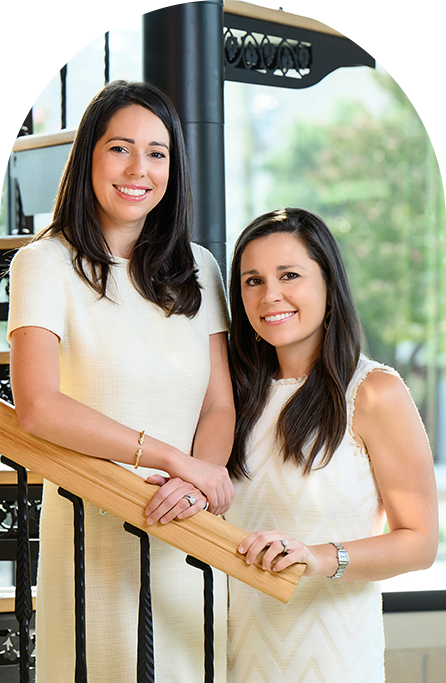Many children develop myopia at a young age, which can put their vision at risk if the condition worsens. There are many myopia control treatments available today, including specialized glasses, therapeutic contact lenses and drops.
These methods may help slow myopia progression, but how do they work?
What is Myopia?
Myopia is a common eye condition that causes distant objects to appear blurry while close-up images appear clearly. In a myopic eye, light enters, and it is directed to focus on the retina. With myopia, the eye has a unique shape, causing the light to focus in front of the retina and leading to blurry vision.
Some common symptoms of myopia include:
- Headaches
- Eye strain
- The need to squint to see clearly
- Difficulty seeing distant objects
Many children struggle with myopia but may not realize they’re experiencing a vision problem. It’s common for children to assume everyone sees like they do, making it important to watch for signs your child struggles with their sight. They may have issues in school or sit close to the front of the classroom or the television to see more easily.
Regular eye exams are essential during childhood to help diagnose conditions like myopia and help improve your child’s vision.
What Causes Myopia?
Someone with myopia has unique eyes—they’re typically longer or the cornea has a steep curve. The shape of the eyes changes how light bends as it enters, causing light to land in front of the retina instead of directly on it. When light lands in front of the retina, it leads to blurry vision.
Eye shape is the primary cause of myopia, but other factors can affect its development. Someone may have a higher risk of myopia due to:
Myopia typically develops in childhood and can progress until early adulthood.
What is Myopia Progression?
Myopia progression occurs when a patient’s vision worsens with time. This progression can happen if the eyes continue to become longer or the cornea becomes steeper as your child’s eyes grow. Because myopia can progress with time, your child’s vision can worsen for years before it stabilizes, leading to heavy prescriptions in the future.
High myopia is a risk of myopia progression—which occurs when patients need significant vision correction. Besides blurry vision, high myopia can affect a patient’s eye health and vision, increasing the risk of several eye conditions, including:
While myopia progression is a risk, your eye doctor can help protect your child’s vision. They can assess your child’s eye health and vision before recommending myopia management treatments to help slow myopia progression.
What Are Myopia Control Options & How Do They Work?
Myopia is managed by special lenses or glasses in some cases.
- Bifocal or Multifocal Glasses: They feature multiple prescriptions in a single lens. The design of these glasses helps provide clear vision while reducing focusing effort when looking at close-up objects. A multi-year study discovered multifocal glasses can help slow myopia progression by up to 51%.
- Specialty contact lenses: Specialty contact lenses have unique designs to help slow myopia progression, like MiSight contact lenses. The center of the lens provides clear vision, while other zones around the lens help slow myopia progression.
- Orthokeratology (ortho-k) lenses: Ortho-k lenses help gently reshape your child’s cornea while they sleep. These rigid (hard) contact lenses are worn while sleeping and taken out in the morning. So, your child can enjoy clear vision during the day while slowing down myopia progression at night.
- Bifocal Contact Lenses: Bifocal lenses or multifocal lenses, have multiple lens powers in one lens. Bifocal and multifocal contacts are typically given to older patients to correct their vision, however, they may be given to children to help limit their eyes from growing too long.
- Atropine eye drops: Atropine eye drops help slow myopia progression by relaxing the eye’s focusing muscles. While these eye drops can help control myopia progression, your child still requires corrective lenses to see clearly.
Find the Right Myopia Control Treatment for Your Child
Myopia can progress in children, placing them at risk of future vision problems, but myopia control treatments can help protect your child’s sight. If your child experiences symptoms of myopia, it may be best to have their eyes checked by an optometrist.
At Vision Veritas Eyecare, we take pride in our expertise in myopia control. Book an appointment and visit us in Dallas.





